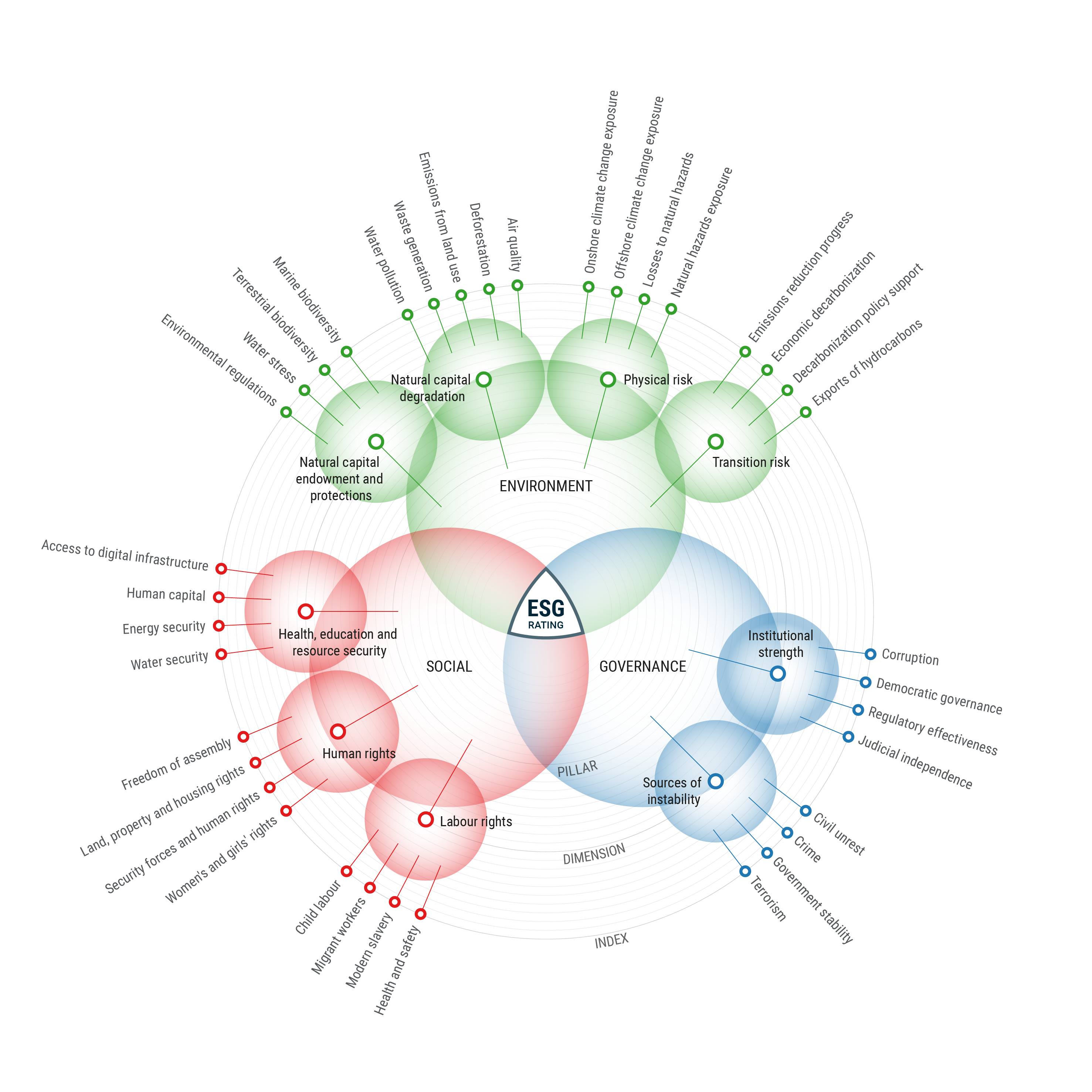Geospatial ESG investing
Learn more
COP27 - Progress is possible
As we warned after last year’s COP26, more robust government policy action, and concrete climate finance for the increasingly restive global south, was set to be a critical focus of COP27. It’s now clear that the success of this year’s conference will hinge upon it.
The now-infamous USD100 billion a year pledged some 13 years ago by industrialised nations to help developing countries with climate change mitigation and adaptation – and the cascading risks deriving thereof – is still falling well short.
On latest data from the UN Environment Programme (UNEP), combined adaptation and mitigation finance flows in 2020 fell at least USD17 billion short of the USD100 billion pledged.
Given that the planet is nearly past the point of mitigation, adaptation is now becoming the most urgent focus.
International adaptation finance flows to developing countries totalled USD29 billion in 2020, as reported by donor countries, up 4% on 2019.
Yet the UNEP puts the annual need by 2030 (if not sooner, given current extreme weather events such as the Pakistan flooding) at five to ten times that, at between USD160 and USD340 billion a year.
Without a massive change, adaptation actions could be outstripped by accelerating climate risks.
The UNEP is clear that 'unprecedented political will' is needed at COP27 – and beyond – to ensure long-term investment in adaptation in developing countries set to suffer the worst impacts of global heating.
The problems are well known:
- Public funds from Multilateral Development Banks (MDBs) and International Financial Institutions (IFIs) are woefully insufficient to meet the scale of global climate financing needs (and that’s without even including the thorny question of loss and damage)
- Circa 90% of developing countries are not investment grade, making it very difficult for these governments to raise funds on the international capital market, and very difficult for institutional investors to lend to them
- Traditional income-based credit and ESG ratings penalise developing countries
- There has been insufficient effort by MDBs/IFIs and/or private institutional investors to scale up ‘blended finance’ and develop concessional/longer term green/sustainable finance instruments appropriate to developing countries
This is a challenge that absolutely can be met. We at Verisk Maplecroft are already working with the world’s leading ESG-focused institutional investors to help scale up climate finance for emerging markets.
Pivoting towards the risk upside, our ambition is to help investors capitalise on emerging investment opportunities and create portfolios that tightly align with their values.
Our innovative Sovereign ESG Ratings dataset aims to help drive the widespread incorporation of environmental, social and governance factors in global government debt markets.
We give particular importance to E risk issues in our ESG framework: 17 indices underpin 4 dimensions in the E pillar, more than the 12 and 3 respectively in S, and more than the 8 and 2 respectively in G (see below).
We believe our framework will be more useful if it gives a greater role to environmental factors of existential long-term relevance to economies and, to a lesser extent, their social counterparts, over governance factors which are better integrated into traditional credit analysis and are in general – though not always – more efficiently reflected in asset prices.
And our research shows that these inputs are increasingly material. Of the four dimensions that compose the Environment pillar of our ratings, for instance, the Transition Risk dimension now shows a clear relationship with bond pricing, alongside physical risk.
Indeed, we have found that the best-performing government issuers on the Transition Risk dimension – those moving fastest towards a low-carbon economy – enjoy bond pricing that is 13% lower than the worst performers.
With the climate crisis deepening, these issues will only grow in salience, not just from an ethical perspective, but also due to their tangible impact on sovereign credit sustainability.
Chart of the week
Quote of the week
The world urgently needs a new business model for turning adaptation priorities into investable projects. There is a mismatch between what governments propose and what financiers consider as investable. The investment pipeline is blocked; we must unblock it now.
António Guterres
UN secretary-general António Guterres, 3 November 2022
What we’re reading
- A change in Iran could reshape the Middle East, The Economist, 27 October 2022
- In-depth: Russia’s war means fossil fuels will peak within five years, IEA says, Carbon Brief, 31 October 2022
- UNEP’s Adaptation Gap Report 2022: Too Little, Too Slow – Climate adaptation failure puts world at risk, UN Environment Programme (UNEP), 1 November 2022
- Geopolitics is the biggest threat to globalisation, FT, 1 November 2022
- To halt the Venezuelan migration crisis, stop banning Venezuelan oil, Foreign Policy, 1 November 2022
- The five-point plan for a successful COP27, Business Green, 1 November 2022
- How Saudi Arabia sees the world- MBS’s vision of a new nonaligned movement, Foreign Affairs, 1 November 2022
- The energy trilemma: affordability, security and climate, ESG Investor, 2 November 2022
- ECB gives banks deadlines to manage climate and environmental risks, ESG Today, 2 November 2022
- There are two Americas when it comes to ESG, Bloomberg, 2 November 2022
- Asia has much at stake in U.S. midterm elections, Nikkei Asia, 2 November 2022

